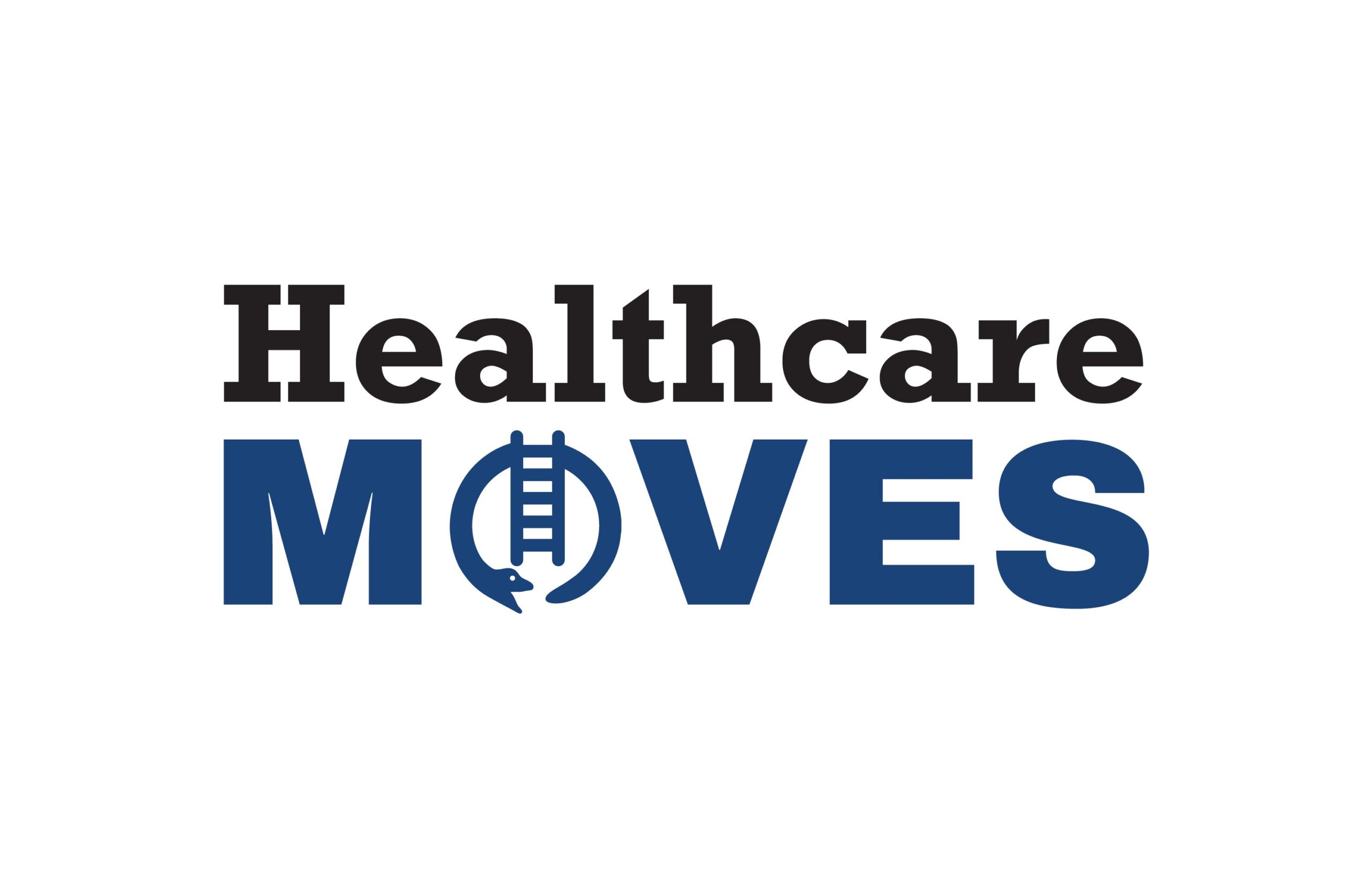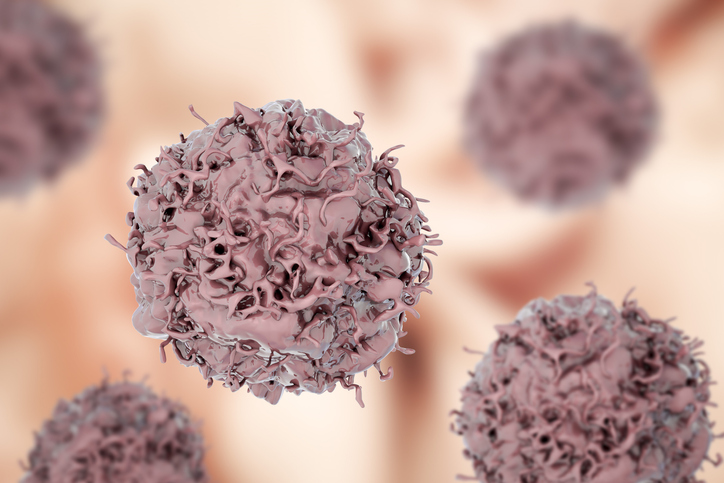
This week, Seven Bridges announced the launch of the GRAF™ Population Solution, a set of workflows, services and population-specific graph references to enable large-scale human population studies through more accurate read alignment and variant discovery. Included in today’s release are an updated population-specific NGS analysis pipeline, population-specific graph construction services and graph references for five major global populations — African, East Asian, South Asian, Admixed American and European. These offerings will augment the GRAF Germline Variant Detection Workflow and associated GRAF Pan-Genome References, first announced in June 2020 and named #3 on The Scientist magazine’s Top 10 Innovations of 2020.
Bioinformatics methods suffer from a significant loss of accuracy when used on sequencing data from under-represented populations because the genetic information of such populations cannot be captured in the linear reference genome. The inherent bias in the industry’s current reference genome favors the European population. A pan-genome approach can provide significant improvements, but it is still suboptimal. The GRAF Population Solution is ancestry-aware and, therefore, more accurate than both linear and pan-genome approaches.
“Precision medicine requires precision bioinformatics methods. Seven Bridges GRAF™ facilitates accurate, comprehensive discovery of genetic variation in the human genome by transforming the existing linear genome reference into a genome graph that incorporates information about the relevant genomic context,” said Brandi Davis-Dusenbery, Ph.D., Chief Scientific Officer, Seven Bridges. “GRAF can construct and utilize genome graphs representing a particular disease, a single individual, a specific population or the entire human species and, therefore, delivers tailored bioinformatics solutions for a multitude of genomics studies.” To read more, click here.
RegDesk, a regulatory approval software company, has released an updated version of its ‘Dash’ platform. Dash 2.0 incorporates an innovative application builder that cuts the submissions process from months to hours and facilitates faster approvals.
Registering medical devices has become increasingly challenging in recent years as nations struggle to update regulations in response to rapid technological advances in the industry. The result is labyrinthine approval processes that often differ from country to country.
RegDesk’s application builder uses AI-powered software to automatically prepare submissions dossiers and autofill applications with archived product and regional targeting information. To read more, click here.
Scipher Medicine, a precision immunology company matching patients with therapies, has completed its Series C funding round led by aMoon and Northpond Ventures, with participation from Echo Health Ventures and existing investors, Khosla Ventures and Alumni Ventures. Scipher Medicine will use the new capital to expand commercial efforts for its patient molecular signature test to help identify the most optimal targeted therapy for rheumatoid arthritis patients. To read more, click here.
AppliedVR, a company that uses virtual reality to minimize chronic pain, has closed a $29 million Series A round to support its ambition to seek FDA approval. Investors in the round include: F-Prime Capital, JAZZ Venture Partners, Sway Ventures, GSR Ventures, Magnetic Ventures and Cedars-Sinai.
The company’s approach combines well-established cognitive behavioral therapies with mindfulness exercises. Its EaseVRx solution recently became the first virtual reality prescription therapeutic to receive Breakthrough Device Designation from the FDA for treatment-resistant fibromyalgia and chronic intractable lower back pain. To read more, click here.
Picture: akindo, Getty Images












